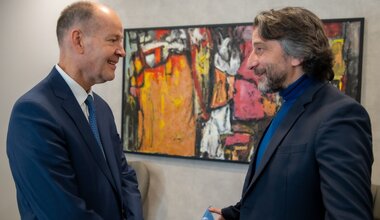Speaking with one voice: the collective potential of human rights NGOs explored
Human rights messages will echo more loudly if organisations speak collectively, UNMIK’s human rights partners learned in a joint training.
More than 30 Non-Governmental Organisations (NGOs) from throughout Kosovo gathered for a two-day training in the multi-cultural city of Prizren on October 21 and 22, to learn about a broad range of technical and legal aspects of interaction with the UN human rights mechanisms.
NGOs working to safeguard fundamental freedoms and protect the rights of vulnerable groups from discrimination and violations of civil and political rights exchanged their experiences during the workshop, which gathered experts from the Office of the High Commissioner for Human Rights (OHCHR)and regional NGO representatives.
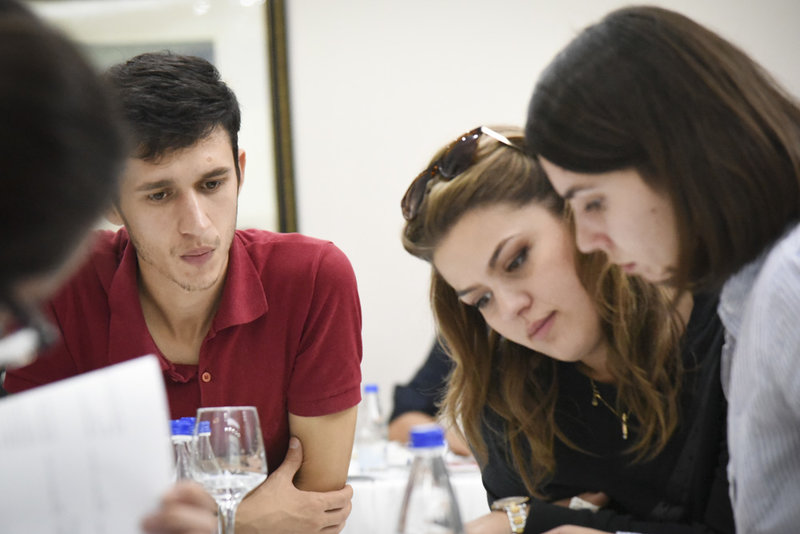
Kosova Rehabilitation Centre for Torture Victims project manager Alban Muriqi said he greatly appreciated the opportunity to be part of such a workshop, emphasizing the fact that the workshop is a direct response to the needs and requirements for further development and training of all human rights NGOs.
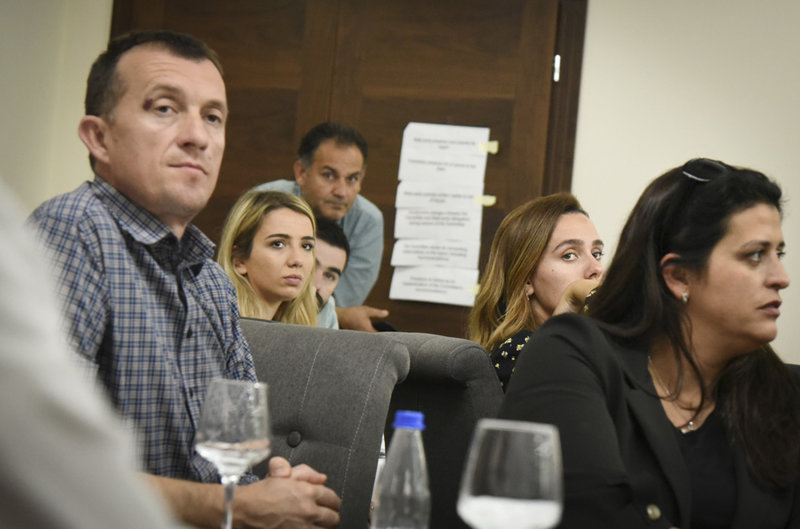
“Increasing and developing the capacities of civil society to report on in human rights is of utmost importance, as there is clear lack of comprehensive knowledge in this field.”
He said the training was also a great opportunity to network with other NGO representatives.
“Every NGO seems to individually report on different human rights issues, and there is no coordination or even networking.”
Tamara Vučić, a young volunteer from the Gračanica/Graçanicë -based NGO Center for Peace and Tolerance said she was very interested to learn more about the UN Human Rights mechanisms and new methods of reporting in general.
“The most interesting part of the workshop was to hear about the various experiences of the trainer. There are so many issues around the world that we are not aware of,” she said, explaining the value of different exercises conducted during the workshop.
“One very sensitive issue we did an exercise on was abortion. The complexity of the issue and to what extent women’s rights are violated in so many cases when it comes to abortion was very valuable to learn,” she added.
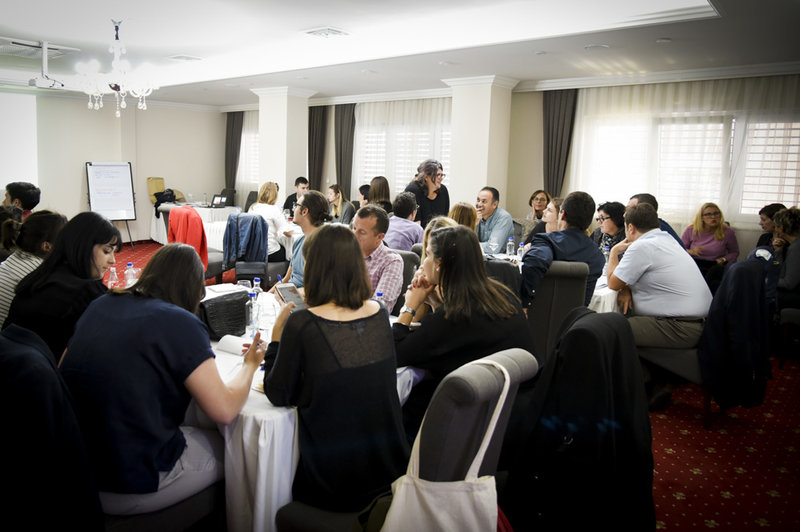
Kosovo is not a party to international human rights instruments and this makes it crucial for civil society to play a role.
Mitrovica NGO Alternative Dispute Resolution Center representative Zana Syla said the workshop was invaluable for providing space to examine challenges that NGOs face in order to collectively report.
“If we, all NGOs that work on human rights, manage to eventually compile one comprehensive report on the human rights situation in Kosovo, this would be an extraordinary achievement,” she said.
Talking about the capacities and activities of the NGO she works for, her ultimate enthusiasm can be clearly noticed, as she starts speaking about closer cooperation with other NGOs.
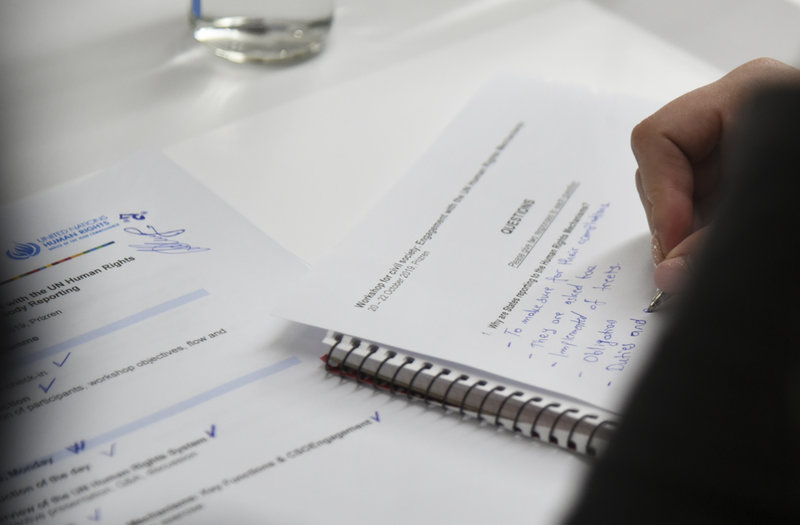
Kosovo’s many human rights NGOs would have more power speaking with one voice, she said.
“No-one can ignore the voice of 30 NGOs speaking one language and compiling one comprehensive report on Kosovo’s human rights issues” she said, adding that different international bodies and organisations chose quotes from individual NGOs when preparing their reports.
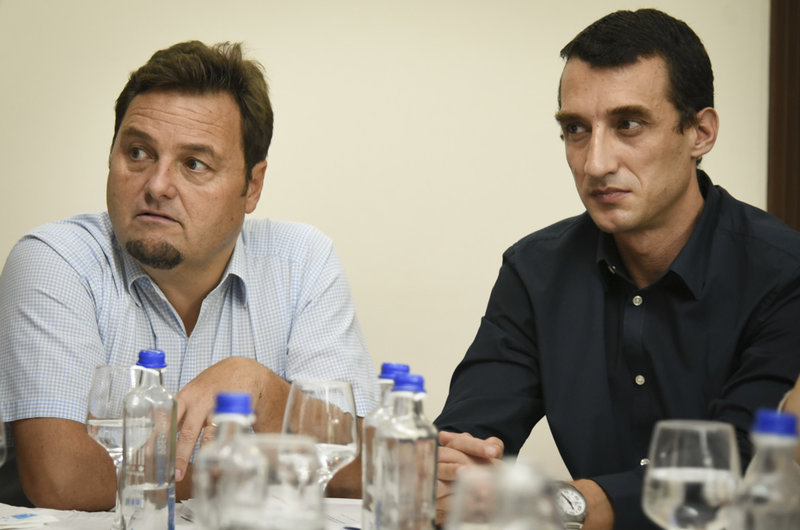
The training, which aimed to strengthen the reporting skills of NGOs and their knowledge of human rights mechanisms, could prove hugely beneficial in helping local and international partners understand ongoing dynamics and pressing human rights issues, in turn helping to promote and explore avenues to further the human rights agenda in Kosovo, UNMIK’s Human Rights chief and Kosovo OHCHR representative Jerome Bouyjou said.
“This process will also allow them to build consensus across the board and promote a more common understanding of the overall human rights situation. This should also encourage local authorities to further report on human rights,” he said.
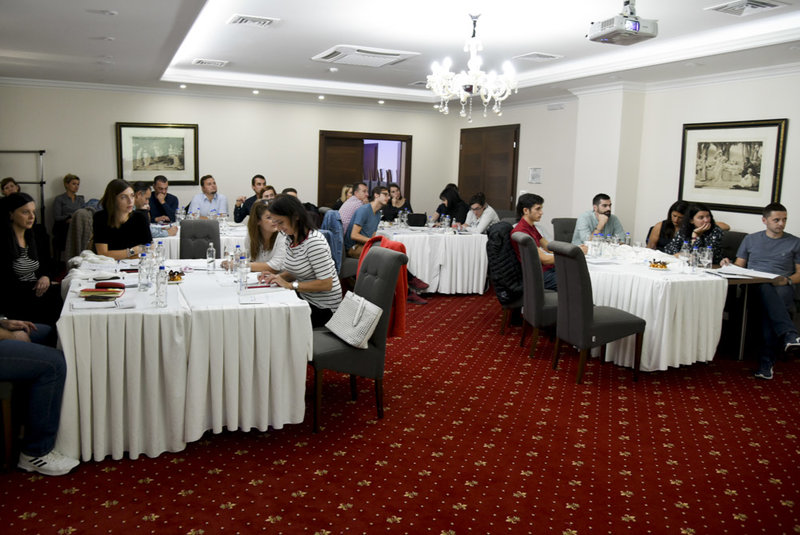
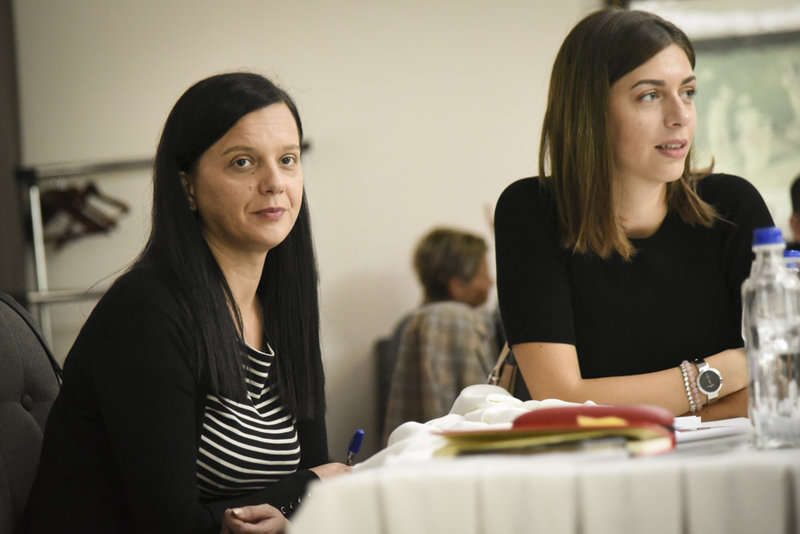
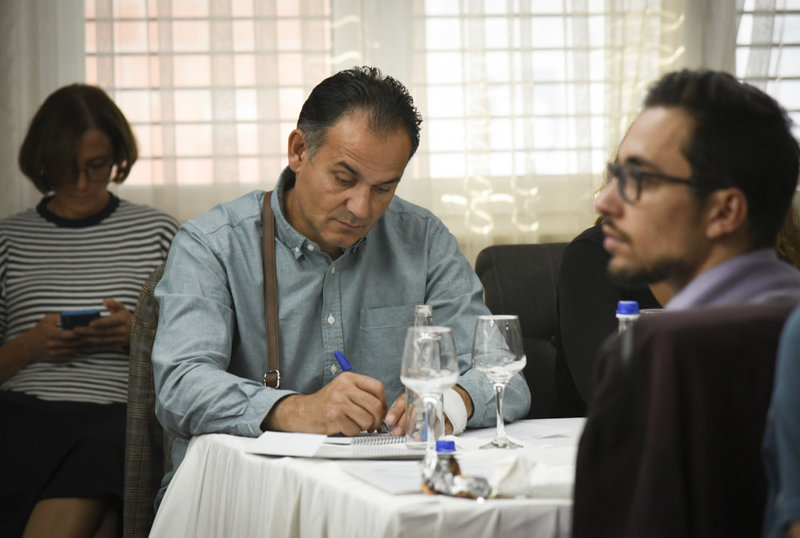
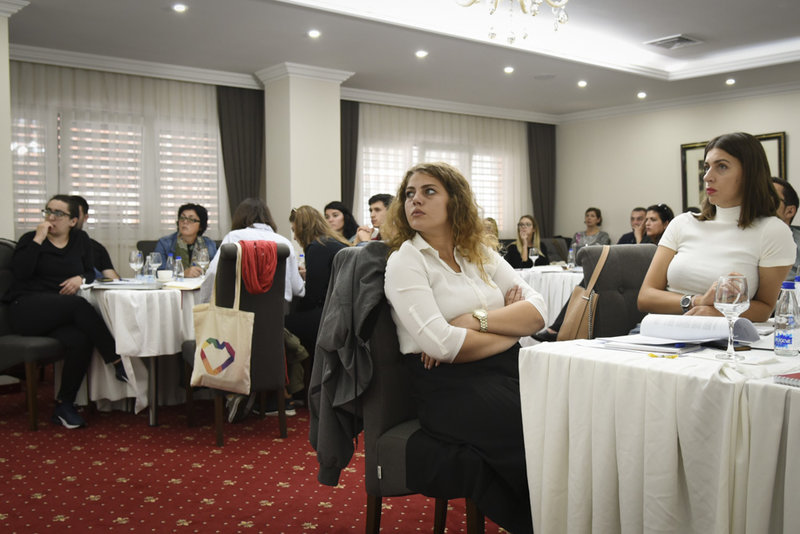
 UN
UN United Nations Peacekeeping
United Nations Peacekeeping



